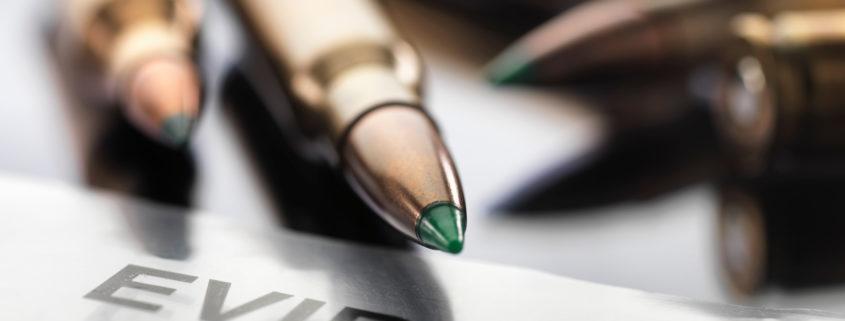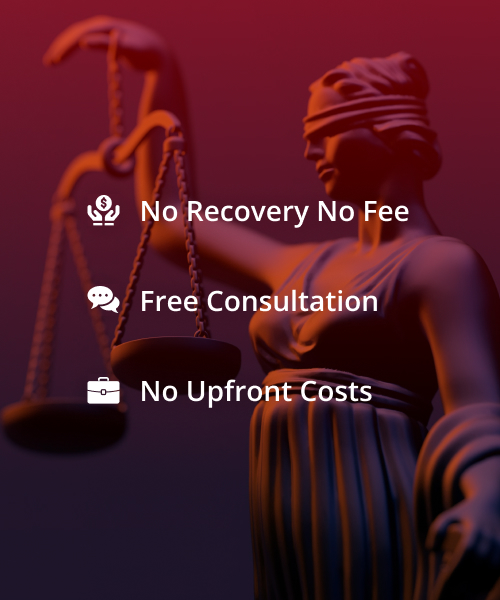- Free Case Evaluation: (305) 577-3777 Tap Here to Call Us
Spoliation of Evidence by Non-Parties

Spoliation of evidence means you “spoiled “the evidence in a case. Evidence can be an object, product, condition, documents, materials, electronic records -basically anything needed to prove the facts of a case. Spoiling can mean destroying it, throwing it away, losing it, failing to keep it secure or safe, allowing others to tamper with it or change it, or altering it, either intentionally or by accident or neglect.
Up until recently, most Florida court decisions dealt with what happens when a party, whether plaintiff or defendant, commit this spoliation of evidence. A decision out of the 5th DCA addresses the decision where a non-party spoils evidence in a case.
Shamrock-Shamrock Inc. v. Remark, 271 So. 2d 1200 (Fla. 5DCA 2019), involves a situation when the non-party witness owes a duty to preserve evidence for the litigation.
In Shamrock, an individual that was a member of a city planning board had been an activist against a rezoning project in Daytona Beach before she was on the board. While on the board, she voted against the developers’ rezoning request and the developer sued the city. Tracy Remark, the board member, was scheduled for a deposition multiple times by the developer. One of those deposition notices attached a subpoena duces tecum requiring documents relevant to the action. At the deposition, Remark admitted that she had disposed of the computer which contained all of the documents requested on the subpoena before the deposition took place. In a separate lawsuit, the developer then sued Remark individually for intentional and negligent spoliation of evidence.
Clearly, this type of litigation – lawsuits against third parties for failing to preserve evidence – can open a proverbial can of worms for myriad third-party witnesses. Imagine if Abraham Zapruder lost the video of the Kennedy assassination. Imagine any bystander videoing another person’s confrontation with a police officer, or a father who videotapes his children playing and inadvertently catches a car crash in the background. Ring cameras that people have on their homes that record criminal events or motor vehicle accidents are often vital evidence in cases. Police officers routinely obtain store surveillance video for criminal cases. Anyone of these third parties could potentially be sued and held civilly liable for failing to preserve evidence. Can the courts really allow this? In the shamrock case they did not.
A cause of action for a third-party spoliation action requires six elements:
- The existence of a potential civil cause of action.
- A legal or contractual duty to preserve evidence that is relevant to the potential cause of action.
- Destruction of that evidence.
- Significant impairment in the ability to prove the cause of action.
- A causal relationship between destruction of the evidence and the ability to prove the cause of action.
Each one of these elements must be proven by the plaintiff in order to hold a third-party liable or responsible for destruction of evidence. In Shamrock, the court found there was no satisfaction of element number 2: “A legal or contractual duty to preserve evidence that is relevant to the potential cause of action”. The court found that the plaintiffs did not subpoena the third-party, Remark, for her computer records until after she had already destroyed them. This defeated a crucial element of the case and the court found there was no cause of action against Remark as a third-party for spoliation of evidence.
This article is not intended to address first party spoliation cases which were essentially ended by the Florida Supreme Court in, Martino v. Walmart Stores, Inc., 908 So. 2d. 342 (Fla. 2005). The intention of this article was to show, in this video-centric world, the importance of securing evidence preservation. A plaintiff’s lawyer in a civil action should be vigilant in obtaining any video recording of an accident or incident. Beyond that, plaintiffs’ counsel needs to also be aware of any electronic medical records, electronic data recordings, metadata, cell phone records, texts and other communications, emails, logs, manifests, electronic security records, sign in sheets, schedules and other materials held by third parties that can be relevant to prove a civil action. A vigilant attorney must create duty or obligation on the part of that third-party to preserve their records. Merely sending a letter is not enough. Discovery requests, subpoenas, depositions duces tecum, records custodian depositions and other discovery devices under the Florida Rule of Civil Procedure may act to create a duty of preservation. See Figgie International, Inc. v. Alderman, 698 So. 2d. 563, (Fla. 3DCA 1997), Strasser v. Yalamanchi, 783 So. 2d. 1087 (Fla. 4DCA 2001). Though Figgie and Strasser dealt with first party claims, the holding that a discovery demand imposes a duty to preserve should apply equally in third-party cases as well. Remember, there is no common law rule imposing a duty to preserve evidence from third parties. The careful practitioner must create the obligation through the use of court orders, subpoenas and other discovery devices.









